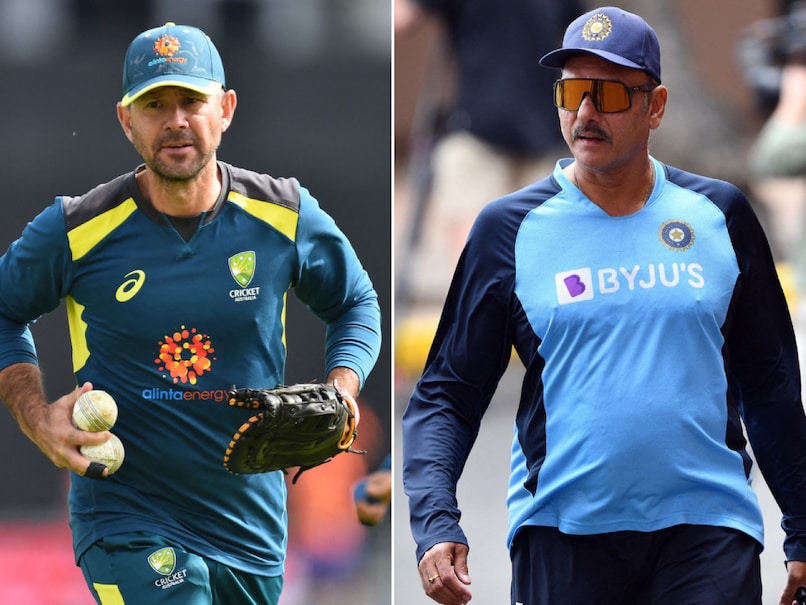Early, intense heatwaves scorch mango crops in Konkan

Join our WhatsApp Community to receive travel deals, free stays, and special offers!
- Join Now -
Join our WhatsApp Community to receive travel deals, free stays, and special offers!
- Join Now -

In Kasal, a small village in Maharashtra’s Sindhudurg district, the land lies parched. Like the rest of the Konkan, Kasal has seen recurring heat waves since February this year, with temperatures nearing 40 degrees celsius, markedly above normal.
In Abrav Fernandes’s backyard, tiny, immature mango fruits, almost resembling unborn human fetuses, lie fallen on the ground. Charred flowers adorn the trees. While he is not a registered farmer, he once sold mangoes locally.
“Mangoes grew in abundance then. We had plenty for neighbours, relatives, ourselves, and still enough for selling locally,” he recalls a time over a decade ago. “At that time, we only heard about the term ‘global warming’, but now we’re witnessing it first-hand. Temperatures here were never so high,” he tells Mongabay India.
Mangoes require specific climatic conditions for flowering, fruit setting and maturation into healthy fruits. Ideally, they thrive in subtropical or tropical climates, with optimal temperatures between 24-30 degrees celsius.
Climate disruptions affect both the yield and the quality of mangoes. This manifests in the form of transformation of reproductive buds into vegetative buds, early or delayed flowering, abnormal fruit set, fruit damage and development of spongy tissues.
With 182,000 hectares under mango cultivation, the Konkan accounts for 7.28% of India’s mango production area, with a productivity of 2,200 kg per hectare. It...
Read more
What's Your Reaction?
 Like
0
Like
0
 Dislike
0
Dislike
0
 Love
0
Love
0
 Funny
0
Funny
0
 Angry
0
Angry
0
 Sad
0
Sad
0
 Wow
0
Wow
0























































